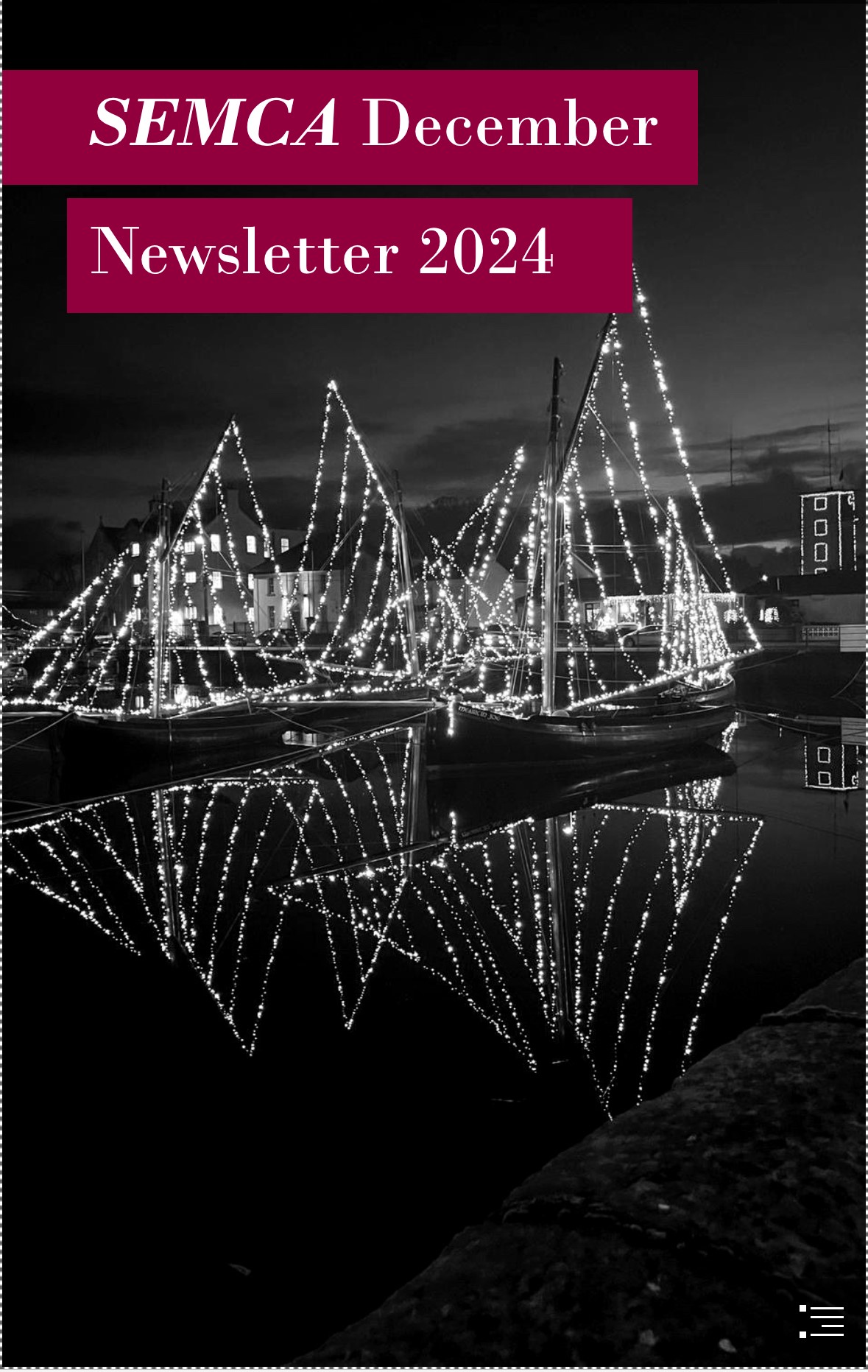December 2024 - School of English, Media & Creative Arts Newsletter

We are delighted to share the latest edition of the School of English, Media & Creative Arts Newsletter:
December 2024 SEMCA Newsletter
A big thank you to everyone who contributed to this edition! Your outstanding submissions and updates have made this newsletter a lively reflection of the School’s recent accomplishments, events, and activities.



















